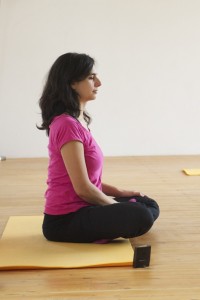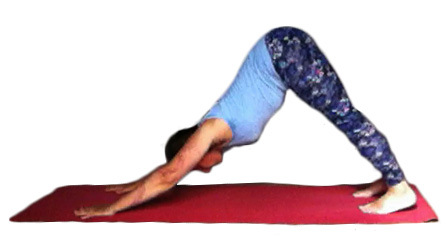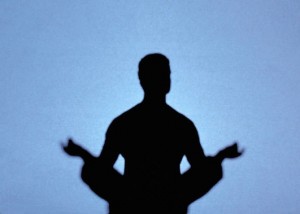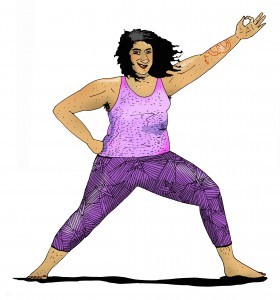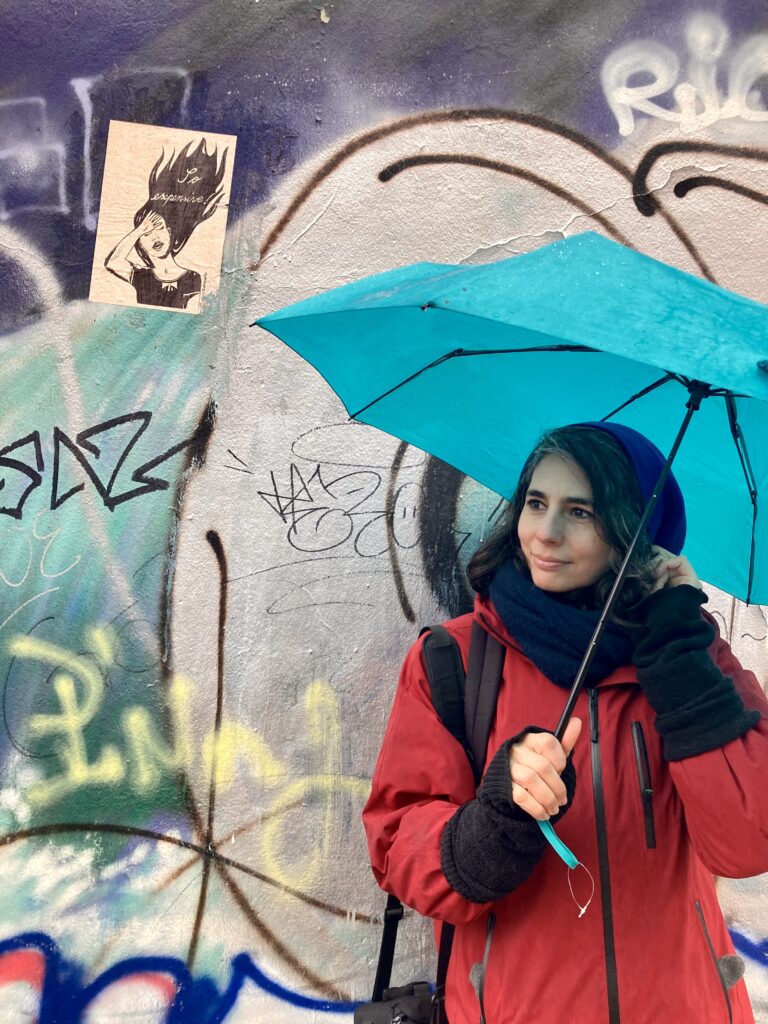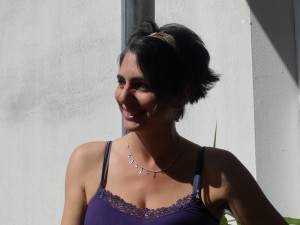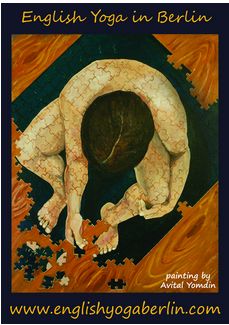 1# Do you find that your concentration lags after 45 minutes, even if you did:
1# Do you find that your concentration lags after 45 minutes, even if you did:
- have a healthy breakfast?
- walked into work with plenty of fresh air?
- slept fairly good last night?
There are countless articles on business organisations attempting to combat distraction in the office. The issues are the technology employed in communicating internally (too many emails); the hyper-connectivity available to us all the time demanding our attention (mobile phones, social media); the multitasking nature required by our job roles.
Concentration and focus is rapidly becoming a real issue in the modern workplace. Interruptions can be beneficial in refreshing our resolve and perspective when we look back at a task. Still, productivity can take a toll as workers go back to the job in hand working faster and faster, causing stress.
Yoga at your workplace is one of the most efficient and effective ways of counteracting these concentration lags and grounding the multitasking nature of today’s world.
A regular yoga practice helps employees develop skills in how to clear and focus the mind and become more aware of their sensations, learning how to release them. This gets taught through techniques of movement, breath, visualization and relaxation.
2# Do you make far too many cups of tea, and make them for the whole department?
- a) your true vocation is to open a tea and fancies shop or
- b) your brain is just crying out for more oxygen – through movement rather than through tea.
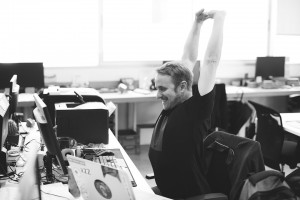
Your body needs a breath of fresh air, like a stretch
In our experience of delivering yoga in office environments, the latter is the most common. Regardless of our best intentions, it is a challenge for our bodies to sustain its energy in a closed environment, sitting on a chair for long periods of time.
Of course, in response to this, YouTube videos of desk yoga are popping up all over the place. This, however, ends up being another entry in our endless to do lists, another random distraction and can at times be dubious of actually delivering results.
A weekly group yoga session in your workplace can instead provide an interactive and supervised experience. It brings the benefits of controlled, injury conscious movement, tips on posture, breathing techniques. It nurtures ways to cultivate a mind-set that also helps with anxiety, depression, sugar and nicotine cravings – so the workplace becomes invested in health promotion.

Posture related back pain is common in an office environment
3# Do you take a painkiller everyday because your back hurts? Or maybe it is your neck that is stiff, and your shoulders and upper back are crying out for relief? Or your eyes are burning and your head feels full of fog by the end of the day?
You might work in an office that can afford to invest in one of those adjustable desks for every employee to be able to work standing for part of the time. However, the issues connected to repetitive movement, of holding your arms forward to type, of staring at a lit surface like a screen all day remain.
Yoga at your workplace offers most of all the opportunity to become aware of what we do and how we do it;
how we sit
how much interrupted time we spend at the screen
how we breathe unconsciously
how we slump and more.
We do all of the above differently as individuals according to our health and psychological history. Meeting an experienced Yoga teacher every week can help workers address their specific individual issues.
4# Do you wish you could connect to your colleagues in better conditions than during your quick trip to the water cooler or while washing your hands in the bathroom? Are you wishing they didn’t just see you rushing from the desk to the kitchen?
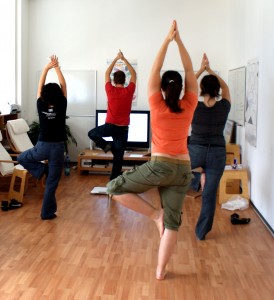
Yoga as a group at the office (photo by enfad)
Practising yoga as a group helps to build empathy, solidarity and communication amongst participants. It allows each person to relax individually, to look at their colleagues in a different light, to learn something new and to nourish themselves amidst their busy work day. Participants report going back to their desks feeling refreshed, energized and positive.
5# Are you hooked on books about anxiety and success? And you really would love to learn to embrace your workload as a challenge to look forward to, rather then the familiar old anxiety ridden pattern of achieving through pressure?
The workplace nowadays requires you to thrive, and that is exciting. It speaks to us about opportunity and development, which are all human needs. Unfortunately the price tag for many of us is anxiety, fear of failure, hyper-alertness and burnout.
When a person burns out, it takes a huge toll on the individual and on the people around them: their family, friends, community and co-workers. Managers need to stay alert to these risks, and put structures in place to help their staff cope. It’s estimated that burn out and mental health stress costs the European economy billions of euros per year. Any business that wants to remain effective, cohesive and innovative needs to invest in the physical and psychological wellness of its staff: happy, balanced employees make for a creative, capable team and an effective, flexible organisation.
Yoga at your workplace addresses all that with a mix of physical movement, breathing techniques and an understanding of how body and mind are connected. It raises an awareness and provides concrete steps to address imbalances and a self-responsible attitude.
Are you interested in providing a business yoga class to your employees? Pinelopi offers high quality business yoga that addresses all the issues named in this article.
Click here to book a class, or contact Pinelopi directly: pinelopi (at) englishyogaberlin (dot) com.




